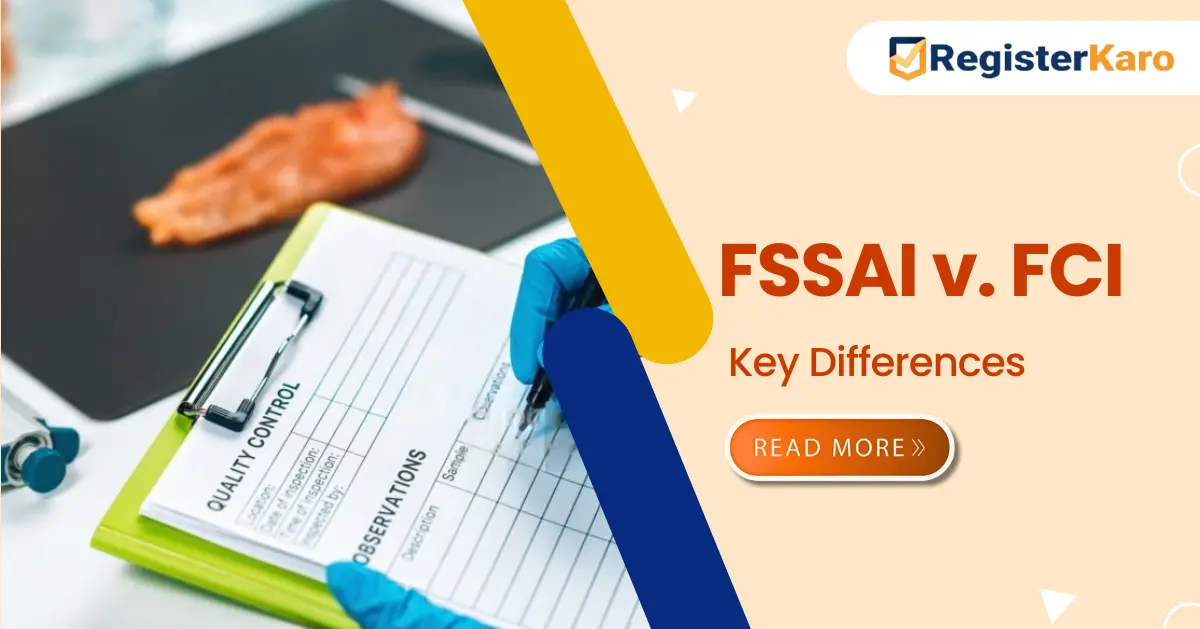FSSAI Registration (Food License) is a legal permit from the Food Safety and Standards Authority of India. It shows your food business meets the required safety and quality standards. It’s mandatory for anyone who makes, processes, packs, stores, transports, distributes, or sells food in India.
In simple terms:
- FSSAI is the government authority for food safety.
- It grants a legal approval to run a food business.
- It confirms one follows hygiene and quality norms.
- Required for almost all food-related businesses in India.
Three Types of FSSAI Registration in India
Choose the right FSSAI registration type for your food business:
1. Basic FSSAI Registration
This registration applies to small food businesses with an annual turnover below Rs. 12 lakhs. The government gives you a 14-digit number starting with '1'.
Example: Home kitchen or small food stall.
2. State FSSAI License
This license is issued to food businesses with an annual turnover between Rs. 12 lakhs and Rs. 20 crores, and the license number begins with the digit ‘2’.
Example: A restaurant or food shop.
3. Central FSSAI License
Big food businesses earning over Rs. 20 crores require a central FSSAI license with a number starting with '1'.
Example: Food operations across multiple states.













